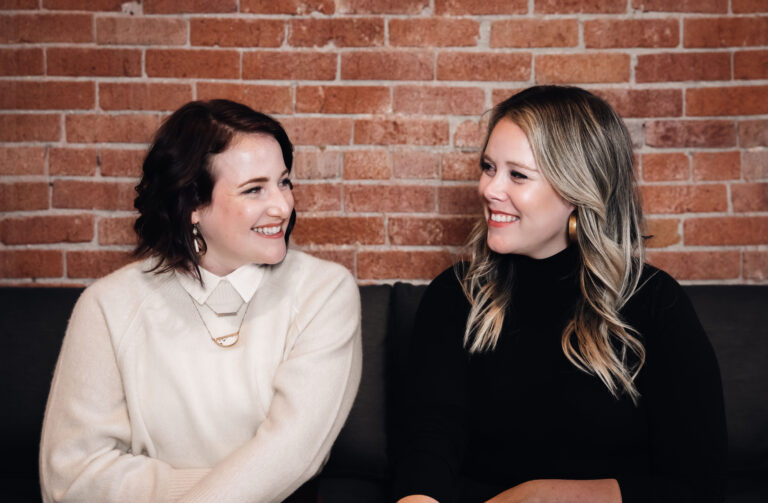In one of our projects, the team at Salal Sexual Violence Support Centre shared an apt Maya Angelou quote: “When you know better, you do better.” Over the last several years, we’ve learned that several common terms or phrases are harmful to Black communities. As strategic communication consultants, we want to support our collective learning and unlearning this Black History Month. Our team has compiled expressions that have oppressive origins in anti-Black racism, discrimination, and violence.
Content warning: The following article seeks to provide information about racism and racial slurs in hopes that it helps eradicate their use in the future.

unlearning our long-standing language
I’m constantly seeking the origins and impacts of phrases. It’s part of the inspiration for our Guide to Equitable Language, which we provide clients as part of our communication services. This means I often find myself concerned about idioms or old turns of phrase after having said them. Whenever this happens, I challenge myself to research and reflect on the deeper meaning behind the language I’m using. I think this is an integral part of being a responsible strategic communication consultant. This process often entails making a conscious choice to remove exclusionary expressions from my vocabulary and using anti-racist terminology, instead. It also involves following the leadership of Black leaders, activists, and communities who are at the forefront of efforts to make language more equitable for the Black diaspora.
With this in mind, here are some common words and phrases to avoid:
don’ts
- Don’t say, ‘peanut gallery.’ The peanut gallery is often used to describe people (and opinions) on the periphery. Historically, however, the term dates back to the late, segregated 19th century and refers to the sections of the theatre reserved for Black patrons.
- Don’t say, ‘grandfather clause.’ The original grandfather clause was used to bar Black people from voting in the US in the 1800s. The term is often used now to describe people who are exempt from following new rules, but its origins disempowered Black people for decades.
- Don’t say, ‘blacklist.’ The term often refers to things that are blocked. Within the tech industry, it’s not uncommon to hear terms like blacklist (blocked content) and whitelist (permitted). Associating blackness and whiteness with things considered bad and good respectively enforces harmful narratives around race. Some companies, like Google, have introduced the replacement terms, ‘blocklist’ and ‘allowlist’ instead.
- Don’t say, ‘master.’ In real estate, some people still use the terms ‘master bedroom,’ master bathroom,’ or ‘master key.’ These terms evoke slavery-era connotations and are easily avoidable. In fact, many realtor associations have replaced these terms with those like ‘primary bedroom.’
- Don’t say, ‘cakewalk.’ A cakewalk was a dance performed by enslaved Black people before the Civil War. Slaveowners often forced Black people to dance and compete for cake. Although Black people added their own style, transforming it into a more authentic African American tradition, the term has harmful roots.
- Don’t use the phrase, ‘eenie, meenie, monie, mo.’ The original rhyme used racial slurs. Despite the revised language, its previously racist origin means it should be avoided.
This not comprehensive. As with all our BBC posts, we never claim to catalogue all problematic language within a category. We hope to share short but well-used expressions, alongside details about where they came from and why they’re harmful. As strategic communication consultants, our hope is that this information helps build better conversations.
we are here to learn
Our #buildingbetterconversations series is always meant to serve as a thought starter. With that, we always invite folks to add to our lists: what have we missed? How might we expand our understanding further? Please reach out to let us know!
Follow our ongoing Building Better Conversations series to read more on equitable language considerations.



